-
1992

A large Statewide Systemic Initiative (SSI) grant from NSF—a five-year $10 million grant—establishes the organization.
July 14, 1991, Articles of Incorporation precede the September 1, 1992, official founding, when the National Science Foundation awarded the Statewide Systemic Initiatives program(opens in a new tab).
-
Beacon Schools
Beacon Facilitators were charged with creating coherent K–12 science and math instructional programs in their schools and home districts.Beacon College
Beacon College, a virtual college created for collaboration amid higher education for STEM education, was also established. -
1998
Continued Standards
Continuing science & math standards-based professional development were promoted statewide.
-
2001
Governor's Academy
-
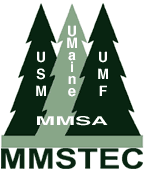
Maine Mathematics and Science Teacher Excellence Collaborative (MMSTEC)
-
2002
10 Years
-
2002
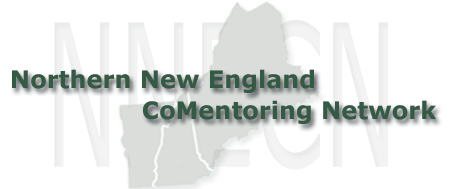
NNECN Tri-State
Content-specific mentoring program for teachers is launched.
-
2004
-
Mathematics: Access and Teaching in High Schools (Maine-MATHS)
2004-2007
-
MAP & LAD
(Maine Assessment Portfolio & Local Assessment Development Curriculum)
-
2005
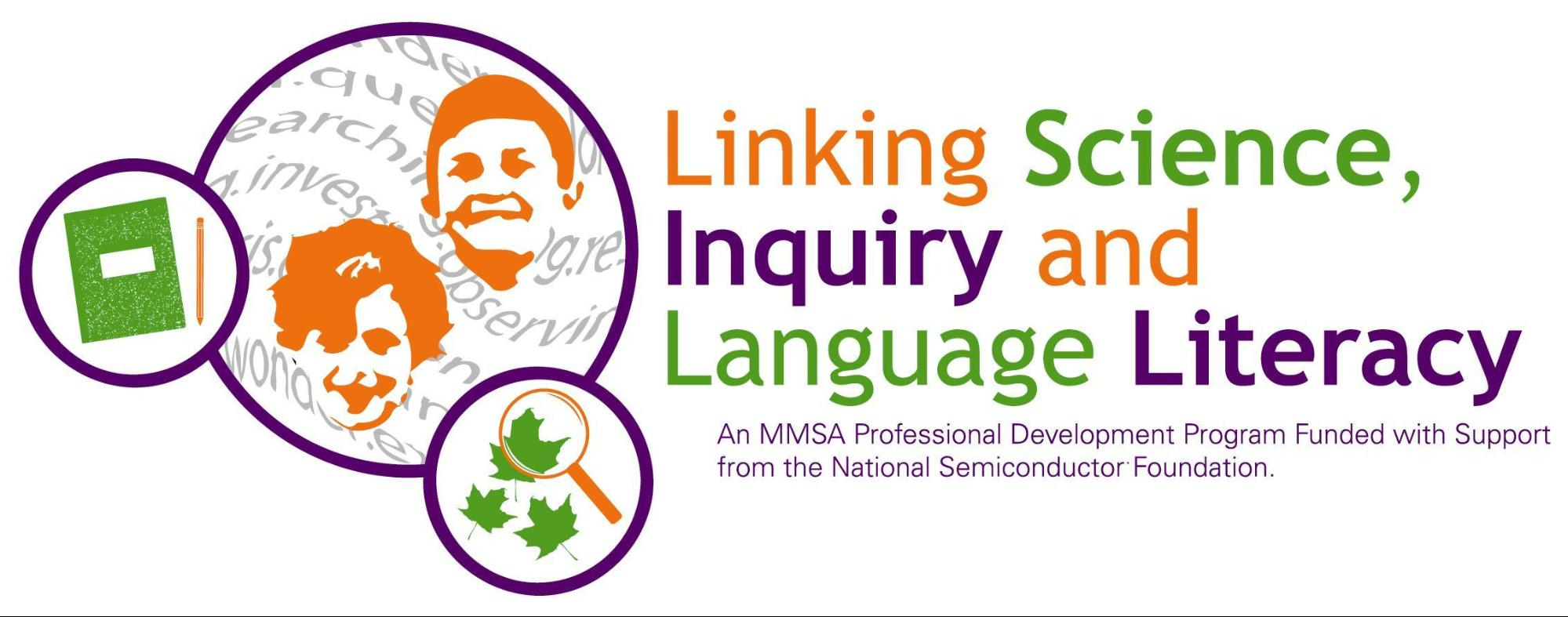
Linking Science Inquiry & Language Literacy (LSILL, LSILL2, LSELL)
-
SC4
The Science Content, Conceptual Change, and Collaboration (SC4) Partnership
-
2006

Building Administrator Leadership and Numeracy Capacity for Educators (BALANCE)
2006-2010
-
2007
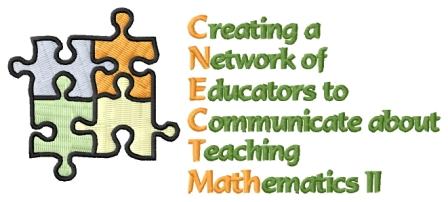
Creating a Network of Educators to Communicate about Teaching Mathematics II (CNECT-Math)
-

Power Sleuth
This initiative produced four curriculum guides for grades 4–8; Family Energy was born out of these funds (from Efficiency Maine/PUC).
-
2008
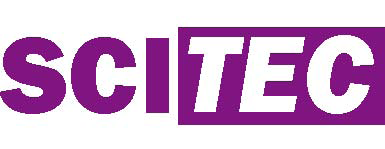
SCITEC
-
2008

PRISMS
(Phenomena & Representations in Science and Mathematics)
-
2010
School professional development budgets were slashed, and MMSA re-organized in the new fiscal environment.
-
Governor's Teacher Leadership Academy
-
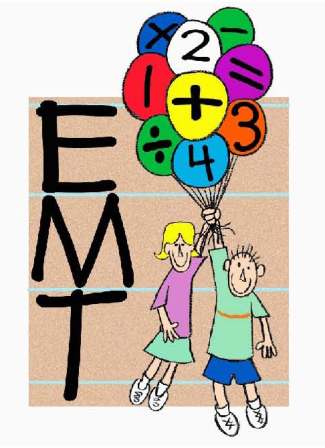
- Early Mathematical Thinking (EMT)
- Citizen Science in the Classroom (CSIC)
-
2011
- TIES (Teachers Integrating Engineering into Science K-12)
- Powersleuth meets Powermete
- EaSIE
- M4CTE
-
2012
20 Years
-
STEM Guides
-
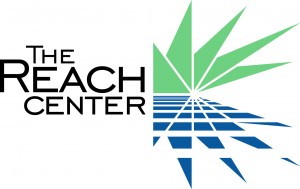
Reach Center
Beginning of informal education work after school in rural Maine.
-
Engineering Ambassadors
-
2014
MEEF
(Maine’s Energy Education Future)
-
2015

-
2017
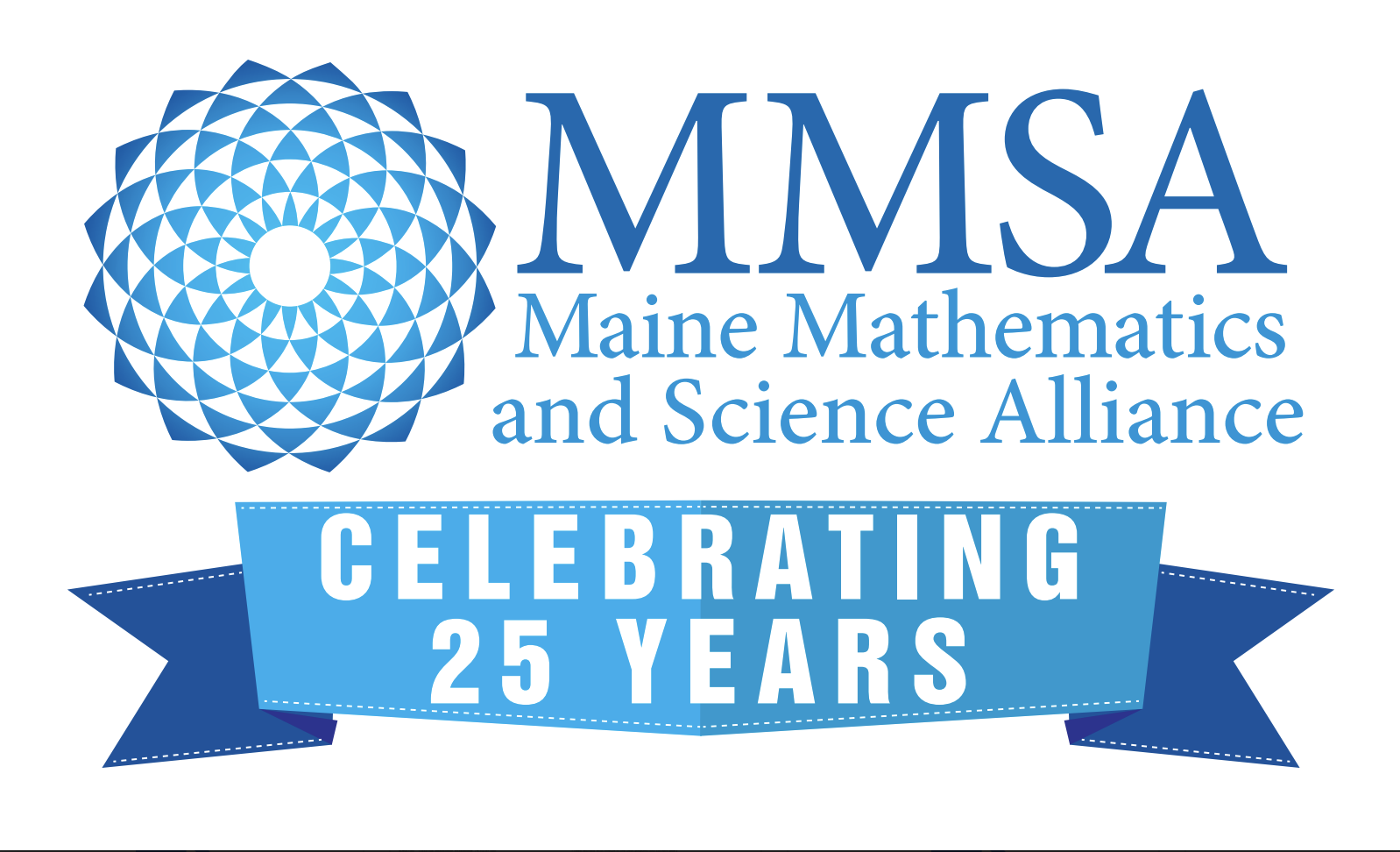
Teacher Professional Development
- Exploring Computer Science
Advocacy
Informal Educator Professional Development
Assessment Trainings
-
2020
ACRES
-
2021
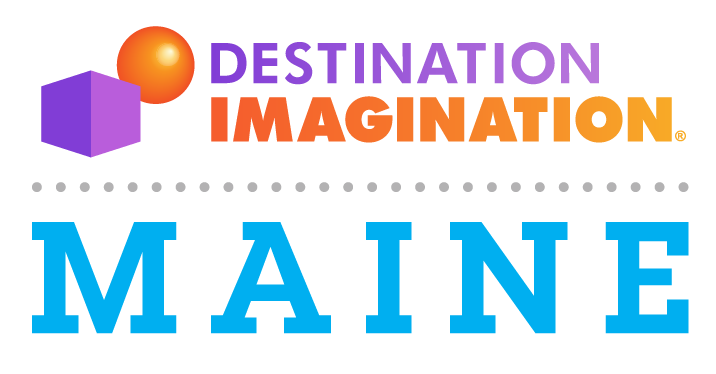
-
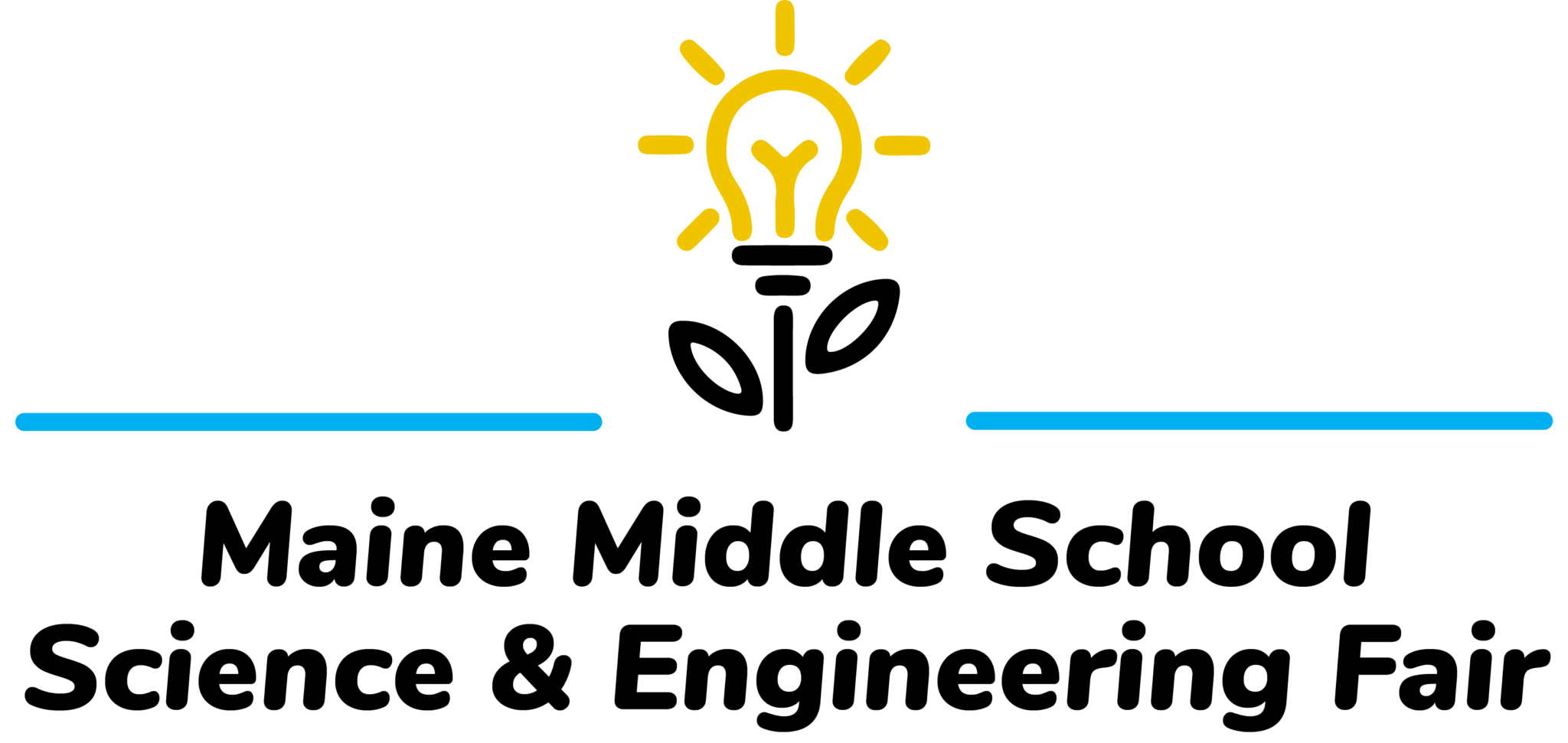
-

-
2022

ACRES
-
STEM Workforce Ready 2030